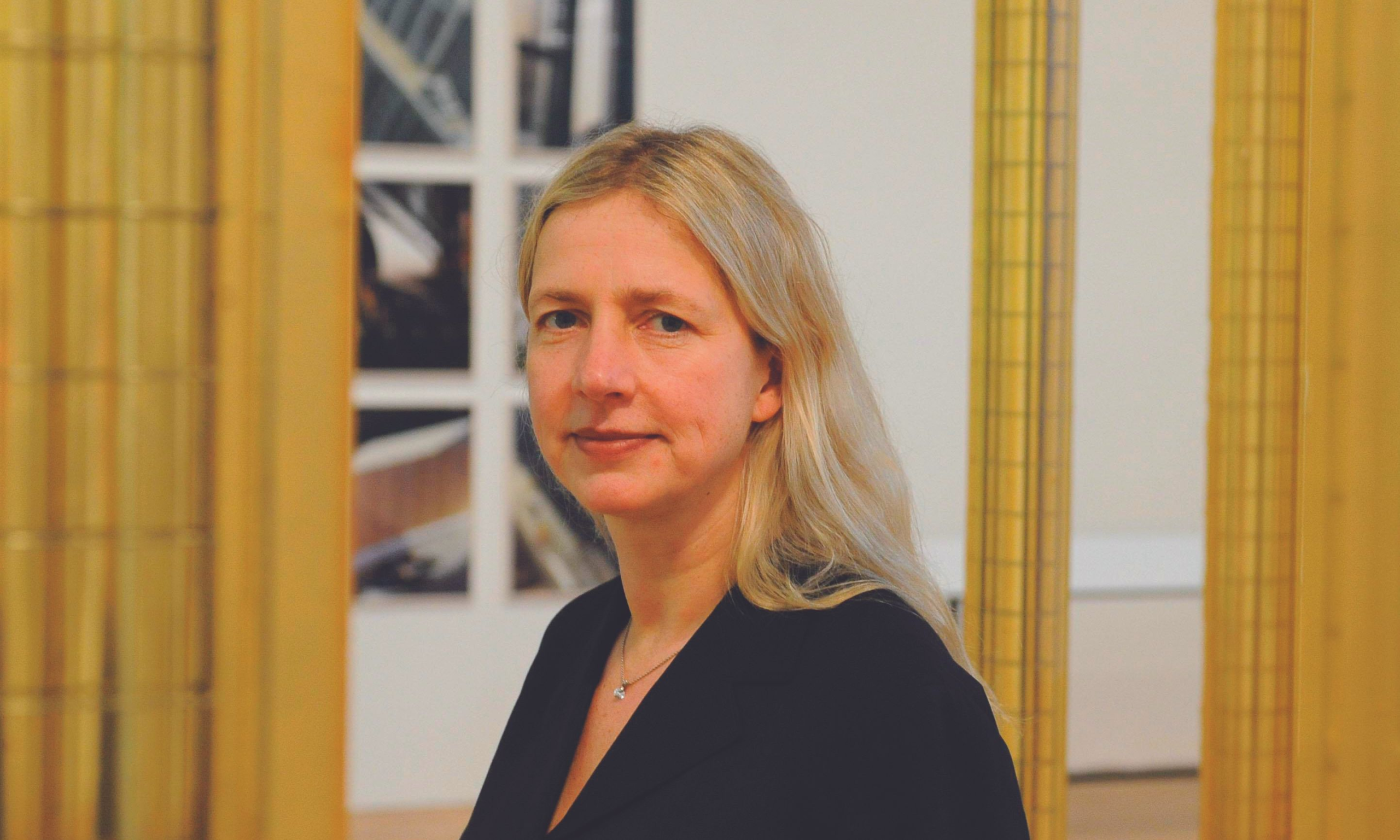Critics say Blazwick was chosen in place of the recommended Defne Ayas because the latter was judged too risky
Credit: PA Images / Alamy Stock Photo
Iwona Blazwick has stepped down as curator of the next Istanbul Biennial, the latest development in a row which erupted last summer following her appointment by the Istanbul Foundation for Culture and Arts (İKSV), the private foundation which administers the biennial. The 18th edition of the beleaguered exhibition, which was scheduled to launch in September, has now been postponed until 2025.
In a statement to The Art Newspaper, the İKSV said: "The decision of not organising the 18th Istanbul Biennial in 2024 was taken together with Iwona Blazwick. Now, a new advisory board will be formed by İKSV as soon as possible under the leadership of the Istanbul Biennial director Kevser Güler, who assumed this post [earlier this month]. Within the framework of the new regulations that we updated last year, a new curator will be selected and we will bring the Istanbul Biennial to the audience again in 2025.”
Regarding the exhibition's postponement, a statement by the İKSV reads: “We have witnessed the emergence of undesired divisions in art circles that are adversely affecting artists who had already agreed or might have agreed to participate in the biennial as well as collaborations and partnerships. Unfortunately, this situation has made it impossible to hold the Istanbul Biennial as planned.”
The foundation says that it has been working since March last year with around 58 artists globally to realise the 18th Istanbul Biennial. “The curatorial framework proposed for this biennial explored the role of art in the aftermath of loss and trauma, facilitating the production of dozens of new works of art and fruitful new local and international collaborations,” adds the statement.
The controversy ignited in August when The Art Newspaper reported that in February last year, the Istanbul Biennial’s advisory board unanimously chose the Turkish curator Defne Ayas as the best candidate to curate the next biennial. However the İKSV rejected the board’s recommendation and instead appointed Blazwick, the former director of the Whitechapel Gallery. At the time of her selection, Blazwick was a serving member of the advisory panel tasked with choosing a curator for the biennial.
Critics believe that Ayas was judged too risky by the foundation. They cite her curation of an exhibition by Sarkis for the Turkish Pavilion at the 2015 Venice Biennale. A catalogue accompanying the show included an essay written by Rakel Dink, the widow of the Turkish-Armenian journalist Hrant Dink who was assassinated in Istanbul in 2007. In her text, Dink made a passing reference to the “Armenian genocide” to describe the pain of her people. Following a complaint from the Turkish government, which denies that the genocide took place, the catalogue was withdrawn.
Four artists invited to participate in the 18th Istanbul Biennial subsequently withdrew from the exhibition and İKSV brought in new measures in a bid to improve transparency. “In response to criticism of its decision-making procedures, İKSV reviewed its governance mechanisms with the goal of making them more participatory. Our goal, as always, was to ensure that the Istanbul Biennial provided a platform for artistic expression, dialogue and interaction,” İKSV adds today.

